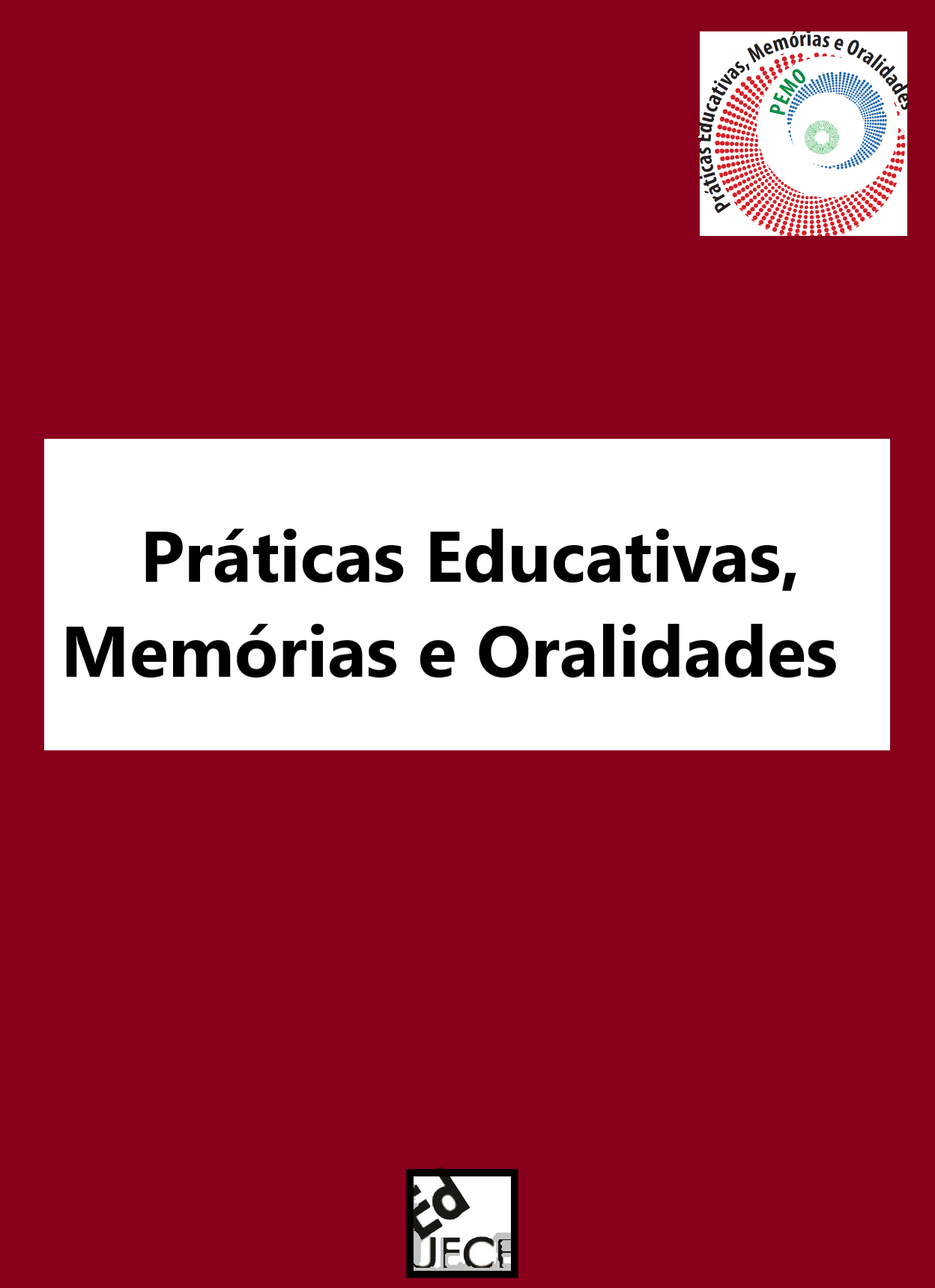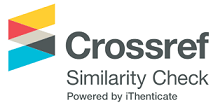Training of community health workers in infant feeding introduction: an experience report
DOI:
https://doi.org/10.47149/pemo.v6.e12237Keywords:
Medicine and education, Health education, Food educationAbstract
According to the Epidemiological Bulletin 001/2019 from Rio de Janeiro, one in every three Brazilian children is overweight. In this regard, one way to reach those responsible for these children and share the necessary knowledge is through the training of community health agents (CHAs). This article aimed to report the implementation of a training program designed for CHAs on infant feeding introduction. Based on the methodology of a Didactic Sequence, a training on infant feeding introduction was conducted with community health agents from one of the Basic Family Health Unit (UBSF) in the city of Volta Redonda, Rio de Janeiro. The participants' responses reveal a high level of effectiveness of the training in enhancing the agents' work; they reported feeling more confident to discuss the topic with the families they assist. Therefore, investing in the continuous training of community health agents in this context is not only an effective strategy to improve child health but also a crucial step toward healthier and well-informed communities.
Downloads
References
BRASIL. Ministério da Saúde. Fundação Nacional de Saúde. Programa Nacional de Agentes Comunitários de Saúde. Manual do Agente Comunitário de Saúde Brasília, 1991.
BRASIL. Ministério da Saúde. Secretaria Executiva. Programa Agentes Comunitários de Saúde - PACS. Brasília, 2001.
CARDOSO, Fátima Aparecida et al. Capacitação de agentes comunitários de saúde: experiência de ensino e prática com alunos de Enfermagem. Revista Brasileira de enfermagem, v. 64, p. 968-973, 23 jan. 2012.
FREIRE, P. Pedagogia da autonomia: saberes necessários à prática educativa. 25 ed. São Paulo: Paz e terra.1996.
MENNELLA, J. A.; JAGNOW, C. P.; BEAUCHAMP, G. K. Prenatal and Postnatal Flavor Learning by Human Infants. Pediatrics, v. 107, n. 6, p. e88, 1 jun. 2001.
MIQUELANTE, Marileuza Ascencio et al. As modalidades da avaliação e as etapas da sequência didática: articulações possíveis. Trabalhos em Linguística Aplicada, v. 56, p. 259-299, 2017.
NÓBREGA, W. F. S. et al. O agente comunitário de saúde como mutiplicador de conhecimentos em saúde bucal: uma revisão sistematizada da literatura. Archives of health investigation, v. 6, n. 10, 31 out. 2017.
SARNI, R. O. S.; KOCHI, C.; SUANO-SOUZA, F. I. Childhood obesity: an ecological perspective. Jornal de Pediatria, v. 98, p. S38–S46, 1 mar. 2022.
SECRETARIA DE ESTADO DE SAÚDE DO RIO DE JANEIROSUBSECRETARIA DE VIGILÂNCIA EM SAÚDESUPERINTENDÊNCIA DE VIGILÂNCIA EPIDEMIOLÓGICA E AMBIENTAL. Boletim Epidemiológico 001/2019 - O Diagnóstico Alimentar e Nutricional e sua importância para o enfrentamento das Doenças Crônicas Não Transmissíveis. 2019.
SIMON, V. G. N.; SOUZA, J. M. P. DE; SOUZA, S. B. DE. Aleitamento materno, alimentação complementar, sobrepeso e obesidade em pré-escolares. Revista de Saúde Pública, v. 43, p. 60–69, fev. 2009.
SOUZA, S. DE A. et al. Obesidade adulta nas nações: uma análise via modelos de regressão beta. Cadernos de Saúde Pública, v. 34, p. e00161417, 20 ago. 2018.
SWINBURN, B. A. et al. The Global Syndemic of Obesity, Undernutrition, and Climate Change: The Lancet Commission report. The Lancet, v. 393, n. 10173, p. 791–846, 23 fev. 2019.
UGALDE, M. C. P.; ROWEDER, C. Sequência didática: uma proposta metodológica de ensino-aprendizagem. Educitec-Revista de Estudos e Pesquisas sobre Ensino Tecnológico, v. 6, 21 maio. 2020.
Published
How to Cite
Issue
Section
License
Copyright (c) 2024 Giovana Fernandes Pinto Barra, Adilson Pereira (Autor)

This work is licensed under a Creative Commons Attribution 4.0 International License.













